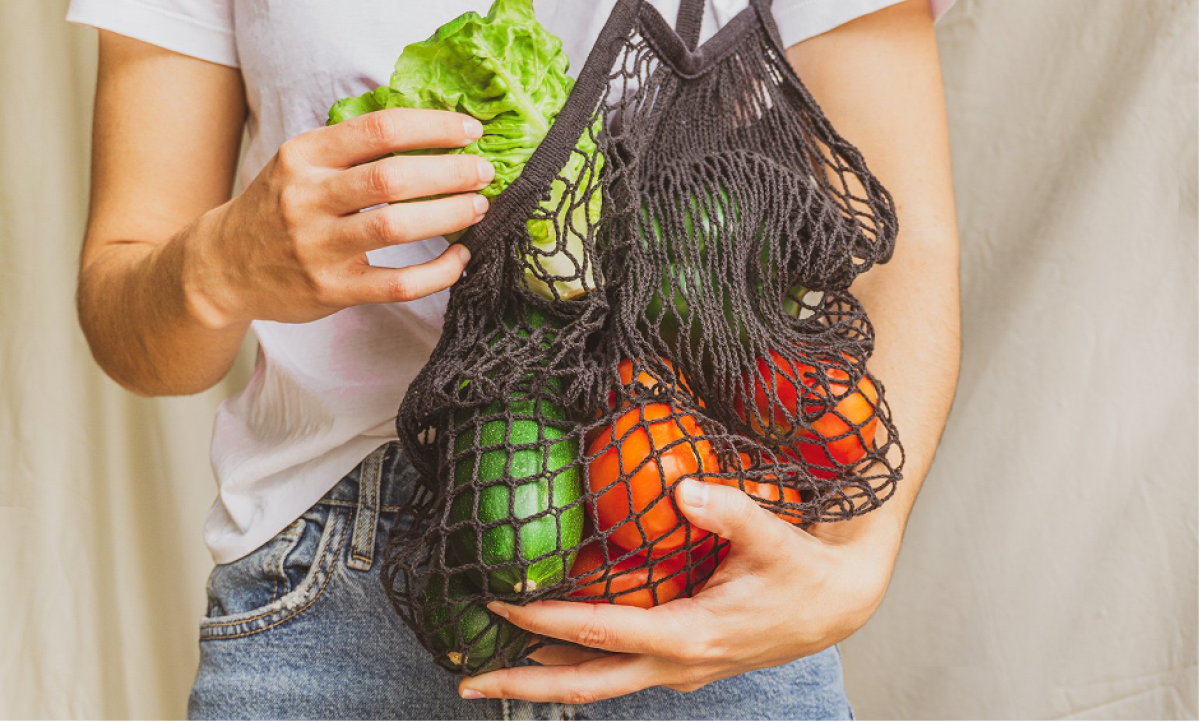Healthy Foods to Eat If No Organic Options Are Available

It sounds alarming when we read “No Organic Food is Available,” but that’s the reality people are having to contend with today.
Rural areas generally have more access to healthy, organic foods than urban areas. And we all know the reason. It’s because of the tradeoff we have made: technology and industrialization for a clean, green environment.
And now governments are struggling to keep a fine balance between a publicly healthy and economically strong lifestyle. But, in a sad and drastic turn of events, the 21st century is increasingly experiencing an acute shortage of organic foods on our tables.
While there may be no instant or perceivable effect on our health, the adverse consequences of lacking organic foods on our tables are being piled up for the future.
If you would like to avoid the long-term effects of poor diet, you had better start thinking of what you can eat for good health, even with acute shortages of organic foods.
So, what can you opt for when organic foods are in short supply?
Best Replacements of Organic Food
We'll highlight some of the best food alternatives that tend to capture the least chemical content from pesticide overuse and water contamination.
High chemical residues in food crops may be exacerbated by the application of pesticides too close to harvesting time without due consideration for the recommended withdrawal periods.
However, some foods can help you mitigate pesticide overuse and genetically modified produce so you maintain good health even in the absence of organic foods.
Even when grown conventionally (aka with pesticides), there are fruits and vegetables (dubbed Clean Fifteen) that have been shown to contain the lowest concentration of pesticides contamination and impurities in the U.S. They include:
I. Fruits
i). Avocados
Avocados contain the lowest concentration of pesticides, topping the Clean Fifteen list.
If you crave guacamole without spending lots of money, avocados are suitable alternative.
ii). Pineapples
Pineapples have almost no traces of pesticides when tested, and the fruits taste heavenly. They are versatile and uniquely nutritious.
iii). Mangoes
One cup of diced mango gives you a complete package of your daily vitamin C requirement.
Apart from that, an estimated 78% of the mangoes’ samples had no traces of pesticides.
iv). Honey Dew Melon
Honeydew melons are rich in water (almost 90%), vitamin C, and potassium.
Honeydews contain almost no detectable pesticide when tested in the laboratory, even when grown from conventional farming.
II. Vegetable
Along with fruits, you want to have veggies on your plate as well for a balanced diet.
Some healthy vegetable alternatives include:
i). Sweet Corn
Are you a sweet corn lover? If not, you will likely become one in the seemingly inevitable and invisible crisis of no available organic foods.
Sweet corn also shows minimum pesticide residue among all vegetables that are easily accessible in grocery stores.
ii). Onions
A vegetable that makes you cry is also among those that show low levels of pesticide residue in it. You can add onions in those delicious and healthy meals you eat.
iii). Cabbage
Cabbages also share the same quality of being least contaminated by pesticides. In one study of crops irrigated with contaminated reclaimed water, almost all samples of these leafy greens included only one detectable pesticide.
iv). Asparagus
Similar pesticide residue analysis have shown asparagus tends to contain less pesticide residue. Also, it’s one of the best anti-oxidants you can add to your diet.
A diet high in antioxidants may reduce the risk of many diseases, including heart disease, certain cancers, and keep our immune systems working strong.
As you can see, alternatives exist even if there is growing shortage of organic foods in our markets. Add some or all of these healthy foods to your grocery list for a healthier diet.




















